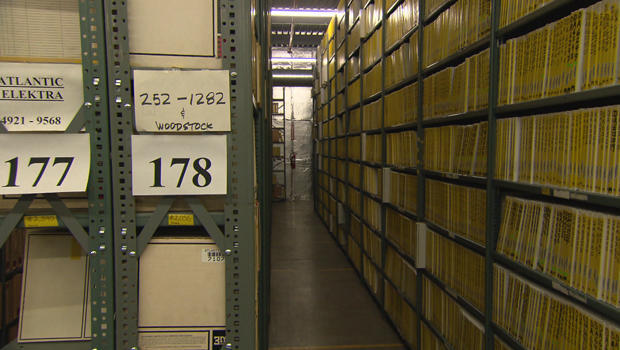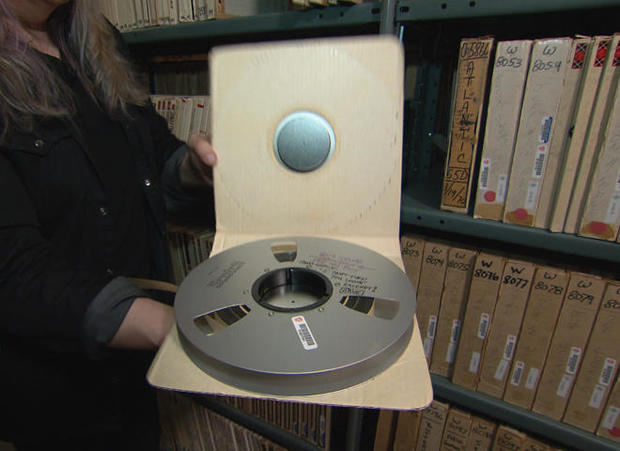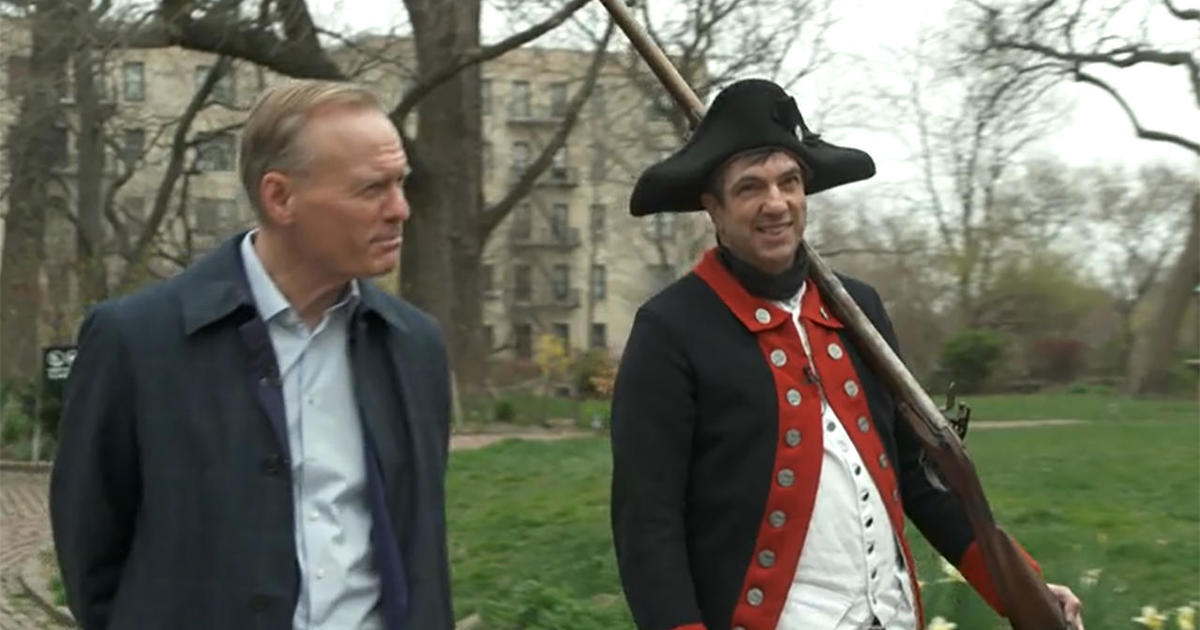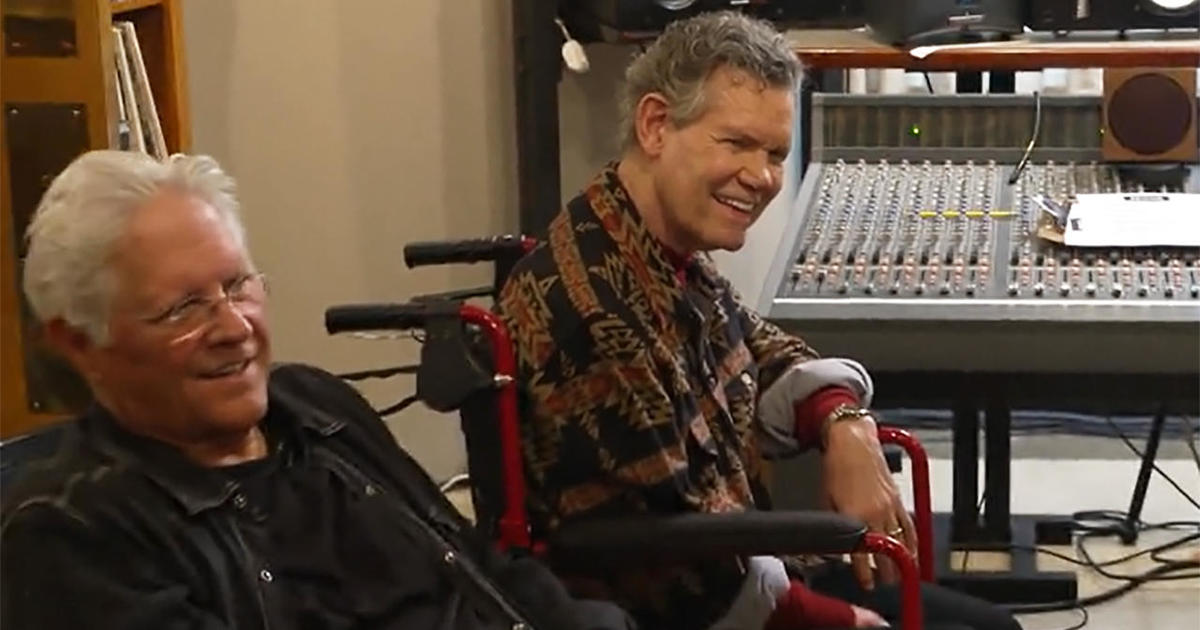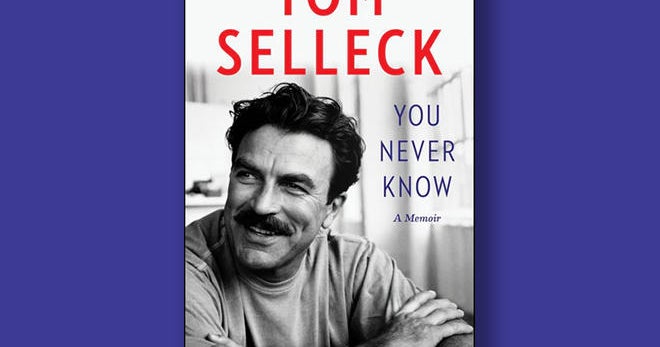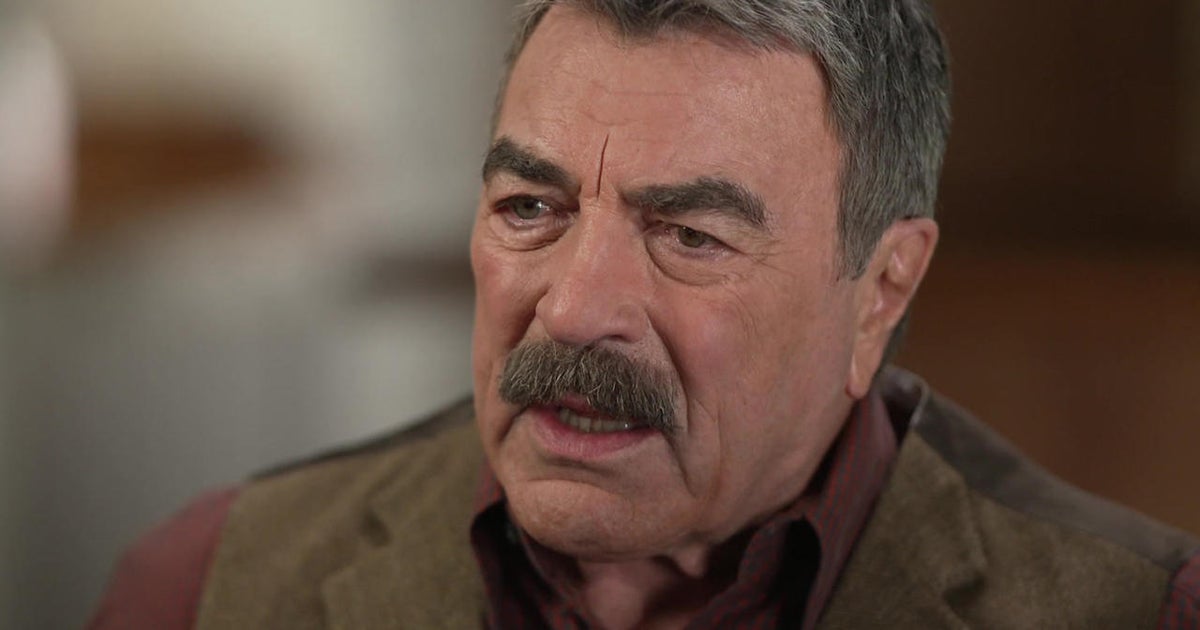The sounds of Woodstock reborn
When Woodstock took place in the summer of 1969, music producer Andy Zax was on the other side of the country. "I was in Los Angeles," he said. "I was maybe in nursery school, I think!"
Fast forward 50 years, and he's now an expert on the historic concert.
"There's kind of no better way to kind of immerse yourself in what the real context of the time was than to sit through all 36 hours of Woodstock," Zax said.
And he's betting others will sit through it as well. Zax has produced a new Woodstock box set featuring nearly all of the audio from the three-day concert – a feat never done before.
"There's nothing like the Woodstock tapes," Zax said. "Because you know, inadvertently, whether by design or by random laziness, those tapes kept rolling for three days. And they really did capture just about everything that went down on that stage.
"People had gone in over the years and sort of cherry-picked specific things that they wanted for specific purposes," he said. "But most of the rest of it was just kind of sitting there totally, you know, unloved and ignored."
Zax came across the musical gems back in 2005, at the Warner Music Vault in Los Angeles. It's a warehouse filled with thousands of original music recordings spanning decades. It's also the home to hundreds of Woodstock recordings.
"This feels like a treasure chest of music history," said "Sunday Morning" producer Sara Kugel.
"Well, that's because it is, really. You know, this place is full of remarkable stuff," Zax said.
"I was out here a lot at that time working on any number of other projects. And one day, I kind of walked by the shelf and there was this massive quantity of stuff," he said. "And I looked at it and I was like, wow, it's Woodstock. I mean, it's all of Woodstock! All of it kind of laid out in front of me. And this was a lot of tape.
"I knew enough to know, like, okay, there's a lot more here than anybody has ever really, certainly heard or released. The next thought I had was, like, yeah, nobody's ever really taken a holistic approach to Woodstock."
And so, for the past 14 years he's done just that. Along with audio engineer Brian Kehew, he reassembled all 36 hours of the concert, warts and all.
"We pretty much kept it literal," Kehew said. "There's noises and feedback and hums and things you'd normally fight to remove. But we kind of wanted to keep it real, because what still comes through is the great quality of the music. There are amazing singers, songwriters, performers in their prime and so you get to hear that unfiltered really, and you can judge how good they were by [the fact] we're not enhancing them really at all."
Zax added, "The flaws really are the DNA of the thing."
The box set contains all those so-called flaws – really, all of them. From the weather in-between sets ("Here comes the thunder!") … to P.A. announcements made on-stage… ("Will Jean of Stony Brook get in touch with Nancy by the telephone booths? Phone booths at the top of the hill.")
"Five, six hours maybe of the 36 hours might be that stuff," Zax said.
Excerpt: P.A. announcements from the stage of Woodstock
Kugel asked, "Why did you decide to keep all those little moments in the collection? Why not just put the music in and just leave it at that?"
"For me, anyway, that stuff is absolutely as important as the musical performances," Zax said. "Because they give it shape, and they define it. They really explain what's going on. You really get what's happening in this moment."
A moment Zax believes is worthy of a closer listen.
"You know, in 100 years, it seems to me, it's important if somebody were to ask the question, 'What was this thing? What happened? What really went down?' I would hope that now, they have a way to hear that and to understand that, that they didn't have before."
A study of history
Woodstock has been the subject of numerous album releases and documentary films, including Michael Wadleigh's 1970 Oscar-winning motion picture, and the new PBS film, "Woodstock: Three Days That Defined a Generation," which has its broadcast premiere on PBS on August 6.
And each document of the three-day event held at Max Yasgur's farm near in Bethel, New York, where more than 400,000 people showed up, has told a narrative – a mythology about the unprecedented countercultural event that is, by necessity, reductive.
"Woodstock, like any sort of legendary event, seems especially prone to myth and legend and fable and fraud and chicanery and all manner of sort of things that aren't actually true," said Zax.
His box set is therefore the most complete retelling of the events of August 15-18, 1969. "There's a whole lot of stuff there that really roots this stuff in time, in very specific time," Zax said. "And so, it becomes kind of a study of history. And as we began piecing this thing together, that was the thing that really, really, really began to obsess me, the idea that we could, as closely as possible, reconstruct time. I mean, the laws of physics don't allow me to invent a time machine yet that I could take you back to 1969 in. But I can sort of rebuild 1969 for you, now, in 2019. And so that's kind of what we've tried to do with this.
"These are literally field recordings. They were recorded out in a field, on a dairy farm, in the middle of nowhere, in upstate New York, in the summer of 1969, with weird voltage issues and weather issues and all kinds of other technical issues. And as a result, they are flawed. And sometimes, the flaws are charming and interesting, and part of the texture of the experience. And other times, the flaws are maddening – gaps in the middle of things, just giant holes, missing pieces, stuff that's inaudible, stuff that's unintelligible, stuff that's so hopelessly distorted that you don't really wanna inflict it on an audience, things like that."
"You kinda can't have Woodstock without this stuff. Because it's what makes Woodstock Woodstock – the helicopters flying overhead, the amplifiers squawking occasionally, the particular crowd noise that you hear at certain times. And all of this stuff just immediately puts you there."
For more info:
- "Woodstock 50: Back to the Garden – The Definitive 50th Anniversary Archive" (Rhino Records), published as a 38-disc set (which include a Blu-ray of the film "Woodstock"), as well as a 10-CD or 3-CD set, and a 5-LP vinyl collection; Available from Amazon and Barnes & Noble
Story produced by Sara Kugel and Roman Feeser. Thanks to editor Chad Cardin.
